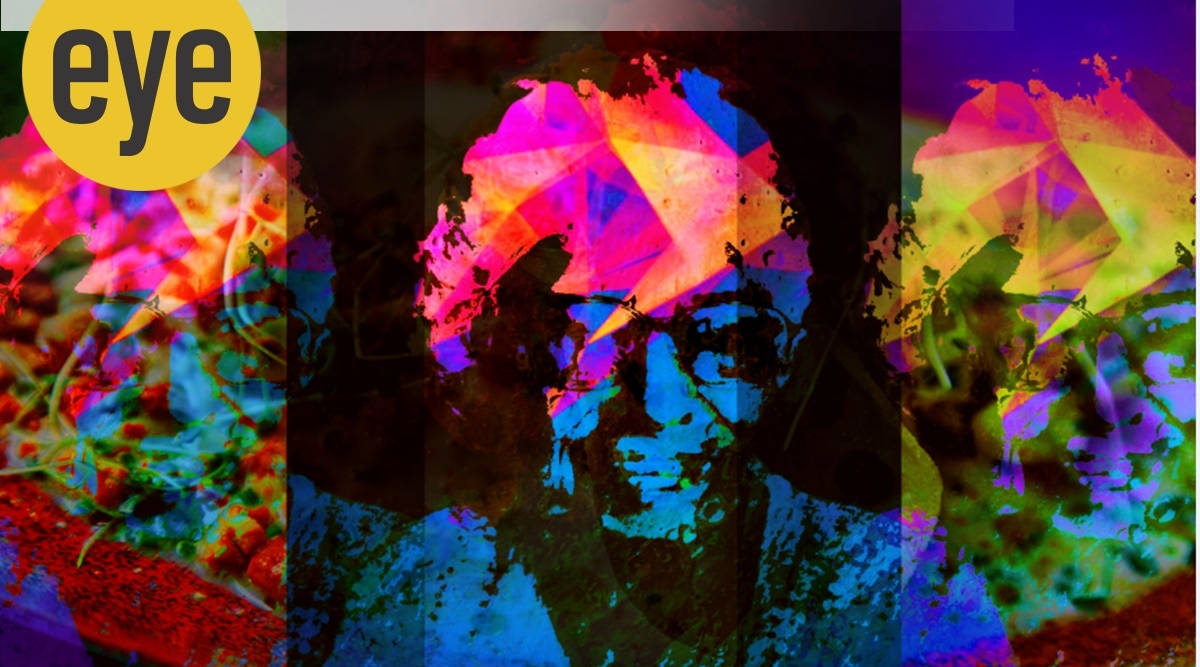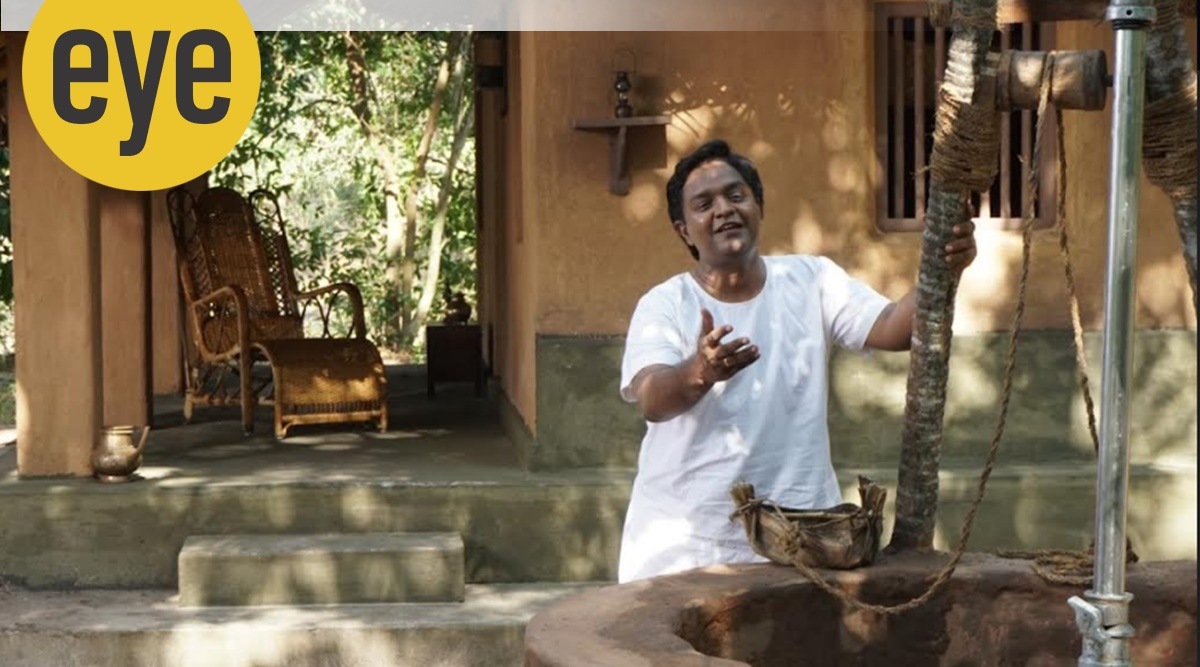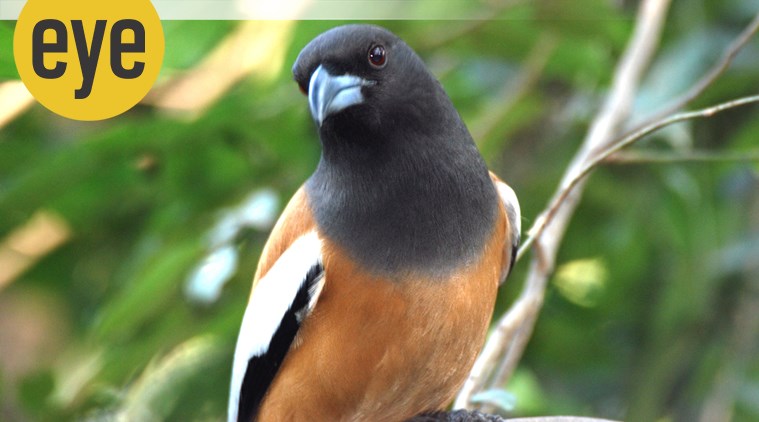Latest Comment
Post Comment
Read Comments
 Making room for all (Source: Getty Images)
Making room for all (Source: Getty Images)Saying it right: How India’s corporate sector is slowly waking up to gender sensitivity
Name: Pratham Sharma; Designation: Project Manager; Preferred pronoun: she/they; Preferred honorific: Ms, Mx.” This is the email signature of an IBMer on the office intranet as part of a sensitivity drive that respects an employee’s mind over body and validates self-worth. IBM is not the only workplace to break down male/female binaries of identity through language and perception. In the corporate sphere and outside of it, expressions of gender identities are being repurposed to become more inclusive and empathetic. The first step to this is the language one uses, for it determines the way one sees the world and oneself.
Remembering Sabiha Hashmi: The teacher, the mentor
 At Mrs Hashmi’s prodding I learnt to read and write in Urdu and took lessons in Hindi. (Credit: Suvir Saran)
At Mrs Hashmi’s prodding I learnt to read and write in Urdu and took lessons in Hindi. (Credit: Suvir Saran)
Sabiha Hashmi was born on November 8, 1949, into a family of Indian freedom fighters and literary figures. She was married at twenty and had two sons who were classmates to my brother and me at Modern School, Vasant Vihar, in Delhi, where Mrs Hashmi taught art to middle- and senior-school students. Earlier this month, she passed away at home in Bengaluru at the young age of 72.
I first met Sabiha Hashmi when I joined Modern School in 4th grade, full of restless energy and shame brought on by the awareness of my identity as a gay boy. She found something in me curious enough to allow me entry into her classrooms, where she instructed students senior to me. It was as if Mrs Hashmi knew I was hurting inside, was lost in myself, to myself, and feeling lost to the world. And so she, who was herself an “other” in so many ways (a divorced woman in a conservative nation, a single mom, and an artist), found an opportunity to be there for another who was an oddity, one who needed an anchor and role model, who needed a haven where internal fears could find artistic expression and who needed to feel safe from the harsh treatment children inflict on those who don’t fit in.
Gramavrikshathile Kuyil is a remarkable ode to Malayalam renaissance poet Kumaran Asan
 Carnatic musician Sreevalsan J Menon is brilliant as the poet-protagonist Kumaran Asan.
Carnatic musician Sreevalsan J Menon is brilliant as the poet-protagonist Kumaran Asan.
A notebook in which his elder brother, KP Narayanan, had copied down Kumaran Asan’s poems was renowned director KP Kumaran’s first introduction, at age 10 or 12, to the poet who transformed Malayalam poetry in the last century. Asan has been with Kumaran since then. At 84, Kumaran has lost count of the number of times he’s read the poet. With the passage of time, Asan has only grown taller in Kumaran’s eyes, a grand renaissance figure whose life as a social activist and poet has few parallels in the history of modern Kerala.
‘Art doesn’t always lie in great subjects’: Atul Dodiya
 A New Direction: Atul Dodiya at the Kiran Nadar Museum of Art, New Delhi (Express photo by Praveen Khanna)
A New Direction: Atul Dodiya at the Kiran Nadar Museum of Art, New Delhi (Express photo by Praveen Khanna)
Your exhibition at the Kiran Nadar Museum of Art in Delhi, ‘Walking with the Waves’, has small-scale watercolours painted during the pandemic. Did the pandemic affect the way you work?
When I first heard about COVID-19, it was still a distant virus in China. I didn’t really take it seriously till the lockdown was announced in India. Gradually, I realised that it would not be possible for me to regularly visit my studio, which is only 15 minutes from home. That is when I brought home some pigments and began to work on paper. It was completely free-flowing and unlike my usual practice, where I reference books, films and art I have engaged with. In this new suite of works, I tap a less busy but more innocent space inside me. One form led to another and, starting from March 22, 2020, to July, 2021, I would mostly complete one work every day. In the course of one-and-a-half years, I have made 366 paintings. The exhibition features 135 of them.
Why Stewart Copeland and the environment matter to two-time Grammy winner Ricky Kej
 Ricky Kej. (Photo: Ricky Kej Management)
Ricky Kej. (Photo: Ricky Kej Management)
Earlier this month when Bengaluru-based music producer Ricky Kej got on the stage at Las Vegas’ MGM Grand Marquee Ballroom with The Police drummer Stewart Copeland to accept the Grammy in the Best New Age Album category. It was a moment “unrecognisable and unbelievable” to Kej despite having been up there in 2015 to receive his first Grammy for Winds of Samsara. Kej touched Copeland’s feet, as a mark of respect for the age-old guru-shishya parampara, and accepted the hallowed gramophone for Divine Tides (Lahiri Music). “To collaborate with my childhood idol, somebody I admired my whole life, then to stand on the stage and share a Grammy with him — it was special,” says Kej.
What I saw from my hospital window
 Healing Touch: Rufous treepie (Credit: Ranjit Lal)
Healing Touch: Rufous treepie (Credit: Ranjit Lal)
Many hospitals around the world now include “pet therapy” as a part of the treatment and recovery process. Well-socialised dogs (and, maybe, cats), bunnies, guinea pigs and, perhaps, even a rude parakeet or two “visit” their patient clients regularly and raise their spirits, helping them recover more quickly




